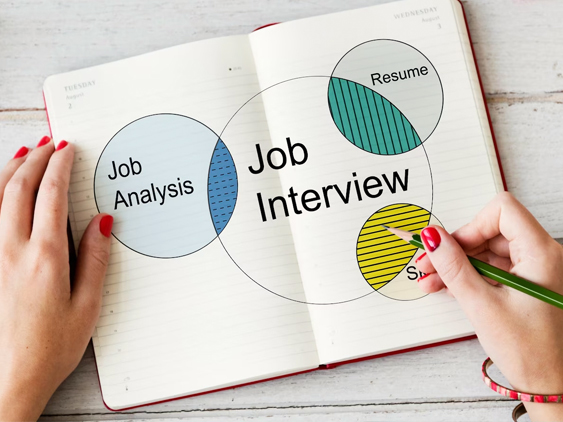AI-enabled technologies are creating a profound shift in the jobs we do and how we do them. In addition, while most companies understand that digital transformation is key to navigating today’s business environment, workers with the right technical skills are in short supply—and the situation is only growing more extreme. Here’s the good news: ServiceNow, the leading digital workflow company, partnered with research firm Pearson on new findings around the impact of AI and the skills of the future. The research reveals that U.S. companies will have an opportunity to retrain 23.5 million people for higher-value work that is not automatable and some of the most humanlike of competencies—communication, collaboration, innovation—will be the most in demand skills for these newly created job opportunities and can be transferred from positions potentially impacted by AI.
Recommended: HR Tech Interview With Chris Havrilla, Vice President, Product Strategy,Talent At Oracle
The platform is currently tackling the changing nature of skills caused by innovations in AI head on through RiseUp with ServiceNow, a global talent movement which aims to skill one million people on the company’s platform by the end of 2024. The program helps people of all backgrounds start and elevate their technical careers with training, coaching, networking and hands-on experience. It also expands beyond the capabilities of other education initiatives by covering holistic skills necessary to build successful technical careers, such as critical thinking, interpersonal communication, and creativity. Since its launch last year, this education initiative has already reached more than 400,000 individuals with 380,000 completed courses.
In this interview, Amy Regan Morehouse shares insights on the benefits of skilling programs, recent research regarding the impact of AI on the tech industry, and how anyone can get a job in tech or level-up their careers to take on new jobs created involving AI.
Recommended HR Technology Article: Poor Work-life Balance and Career Disconnect Force Employees to Leave their Organization
- Ninety percent of organizations will experience a digital transformation-related IT skills shortage by 2025, costing over $6.5 trillion globally due to delayed product releases, reduced customer satisfaction, and loss of business. (Source: IDC).
- ServiceNow’s new research in collaboration with Pearson revealed that the more AI does the work of machines, the less humans need to work like machines. Holistic skills—such as analytical thinking, or collaboration needed to understand an issue or lead a team, will be the most desired and transferable traits for emerging tech roles in the next few years.
- These “transferable skills” can move from the positions most likely to be affected by AI to the tech roles of the future. For instance, the research found that 1 million additional full-time tech jobs will be created to support the implementation of emerging technologies in the U.S. retail industry — that’s an amazing opportunity for cashiers or sales floor associates to be re-skilled in tech.
Recommended: HR Tech Interview With Christopher Kenessey, Chief Executive Officer At AlertMedia
[To share your insights with us, please write to sghosh@martechseries.com]

